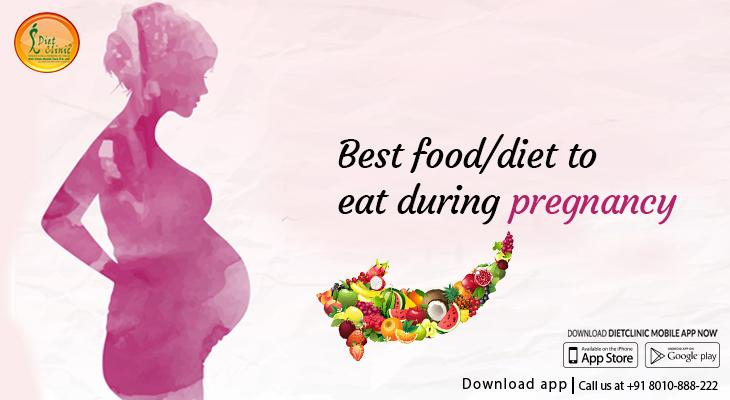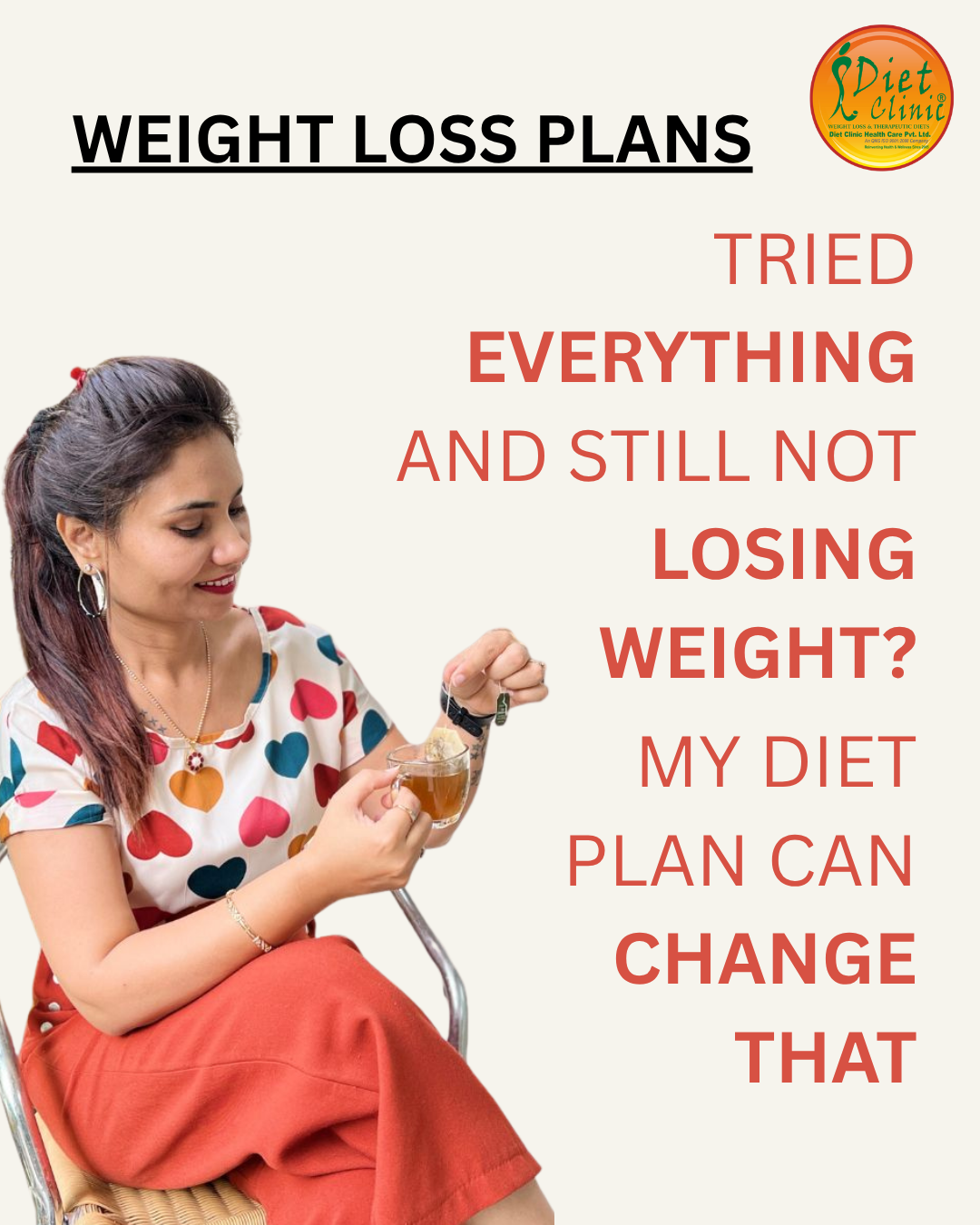
Dietician Sheela Seharawat
Pregnancy is the time for significant changes. It is the time when you not only have to be
careful about your own health, but also be careful about what you eat and how you eat, as it
directly have it effects on the growing baby inside your womb. Growing another life inside
you is not only stressful but also brings in a lot of responsibility.
Pregnant women need to ensure that their diet is balanced and provides them with the
necessary nutrients and energy for proper development and growth of the baby and this
involves the right mix of proteins, carbohydrates and fats and consuming a large variety of
vegetables and fruits.
As mentioned above, a pregnant mother should have a well-balanced diet, and the diet should
include the following:
- Fruits and vegetables: leafy greens and dark orange vegetable products regulated the
digestive system and provides antioxidants from natural source. Fresh vegetables are
easy to prepare and digest and also provides folic acid, a vital nutrient required for the
baby’s growth.
Fresh fruits are nutritious and makes the baby grow stronger.
- Proteins: an essential component required for the growth of a healthy baby, pregnant
mothers should include fish, lean meat, and chicken, as well as eggs in their regular
diet. Quinoa, tofu and soy products, beans, lentils, legumes, nuts and seeds are rich
sources of protein and reliefs from anxiety during pregnancy.
- Healthy fats: vital for mothers and baby’s health, healthy fats builds up baby’s brain.
Fats are termed healthy which are not man made, but are natural like olive oils,
coconut oil, palm oil, cod liver oil, avocado, many nuts and seeds.
- Carbohydrate rich foods: foods like potatoes, rice, pasta, and bread are high in
carbohydrate content, Carb provides energy and is therefore, an important component
in pregnancy diet.
- Fibers: women’s have higher risks of constipation during pregnancy and fiber intake
minimizes that probability and regulates the digestive system. Eating plenty of fiber
during pregnancy also reduces the risk of hemorrhoids and helps in the growth of the
fetus. Whole meal bread, wholegrain pastas, beans, lentils, fruits and vegetables are
rich sources of fibers.
- Calcium and Zinc: calcium is an important element in the development of bone health
of the baby and hence it is important to have a daily intake of calcium in the diet.
Dairy products like milk, cheese and yoghurt, calcium-set tofu, soybeans, bok choy,
broccoli, collards, Chinese cabbage, okra, mustard greens, beans, kale, and soy nuts
are rich calcium sources.
Zinc in trace quantities is important for growth and development, cellular integrity and many biological functions like metabolism protein synthesis and also development of the fetus. Meats, fish, chicken, dairy products, beans, nuts, peanut butter, ginger, onions, bran, wheat, rice, pasta, cereals are good sources of zinc.
- Extra Iron: it makes the main component of hemoglobin, which is vital for carrying
oxygen within the body. The amount of blood in a women’s body increases by almost
50% and hence she needs more iron intake to make more hemoglobin for the extra
blood. Inadequate iron supply to the body may make the mother anemic and also
suffer premature delivery, low weight baby, tiredness and fatigue during pregnancy
and even new-born death.










